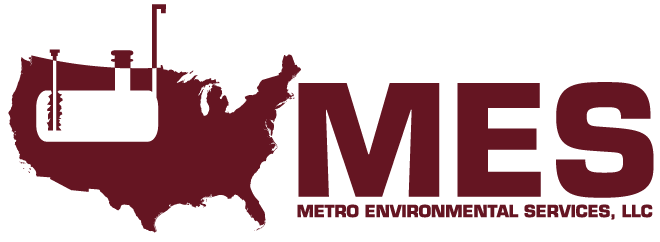Importance of Recurring Fuel Station Testing for School Districts
Regularly testing the key components of your fuel station ensures that equipment is functioning properly and continues to hold up to manufacturer standards. Tanks and associated equipment are also tested to see how they respond to user error and to identify suspected leaks.
Not only does testing help prevent costly damage to the environment, but it ensures your site remains in compliance with applicable local, state, and federal regulations — and saves you money in the process.
Compliance testing and maintenance regulations not only apply to private business owners but also many publicly funded school districts and many other local government agencies that operate a large fleet of vehicles. Tank testing is often overlooked by school districts that manage their own fueling stations. However, because many school districts are publicly funded, these fueling facility compliance and reporting requirements are even more essential.
As one North New Jersey school district found out, because of changing standards in the industry and ongoing updates required on the state and federal levels, issues can quickly pile up. Their on-site filling station received 10 violations for various leaks, overdue testing, and lack of documentation.
According to an article by the Brick Shorebeat:
“All of the violations were connected to the filling station, which consists of one 20,000-gallon gasoline tank and a 15,000-gallon diesel tank.
The violations, as detailed in the notice of administrative action sent to the district by the state Department of Environmental Protection, consist of the following:
- “Stage II” components in a fuel dispenser were not working, including a torn faceplate and torn hose on dispenser number two.
- The district failed to have a current and passing dynamic backpressure test. No documentation was on-site and the district has not provided such documentation to the state.
- The district failed to have a current and passing pressure decay test. A Sept. 30 document indicated a failure due to “various leaks in the system,” and the district has not provided documentation as to the current testing status.
- The district failed to provide 14 days’ notice before vapor recovery testing.
- UDCs and STP sumps failed on Oct. 10, 2018. Only dispenser number five passed the test and repairs have apparently not been completed.
- The district failed to provide overfill prevention for all tanks. A high-level alarm was not functioning during a state inspection last fall. Certification of mechanical shut-off valves was not “performed or provided” until after the state’s inspection.
- The district failed to test spill buckets at least once every three years. A contractor tested the two spill buckets at the site in 2018 and both failed. A follow-up inspection in March 2019 noted the spill buckets were in “poor condition.” No penalty was assessed for this violation, however, because in a re-test, the system passed and an improper testing method may have been previously employed.
- Spill bucket failures were not addressed until after the 2018 inspection.
- The district failed to comply with the law by filling tanks that were “known to be or suspected to be leaking or discharging hazardous substances.” The state ultimately imposed a fill ban on the facility, but it was lifted after the re-test of the spill bucket system.
- Leak detection for piping and interstitial monitoring was not being performed as required by administrative rules. Only dispenser number five had a working sump.”
Regularly scheduling your site maintenance and fuel station testing for your school district ensures your station remains compliant, avoiding costly violations and spills so you can focus on your day-to-day operations. Additionally, it is crucial that you work with a highly experienced organization as tests and maintenance requirements vary based on tank type, system, and capacity.
At MES, we leverage our compliance, construction, and environmental divisions to deliver a full-service approach that ensures your facility is operating efficiently and in compliance.
Whether you’re looking for maintenance of an existing fueling station or preparing to build new, choosing MES means full-service support when you need it.






